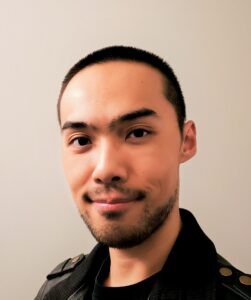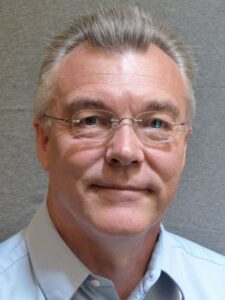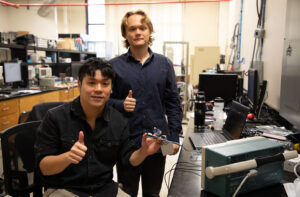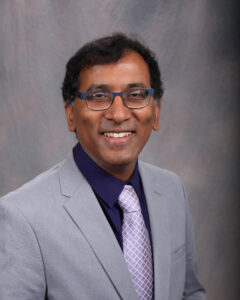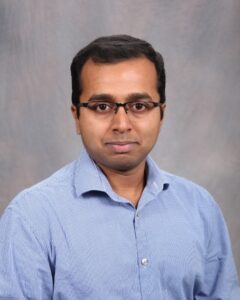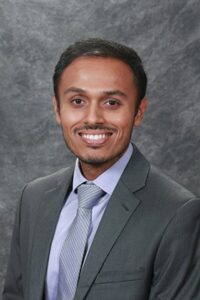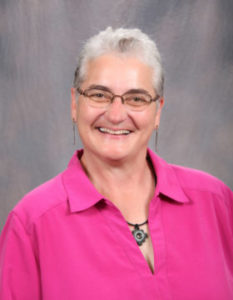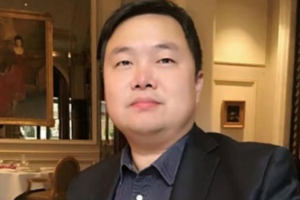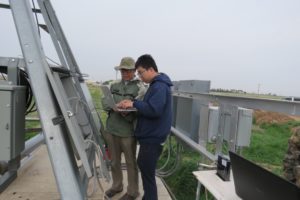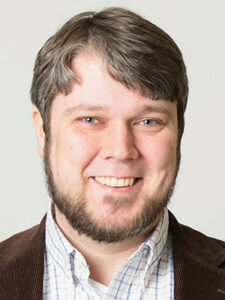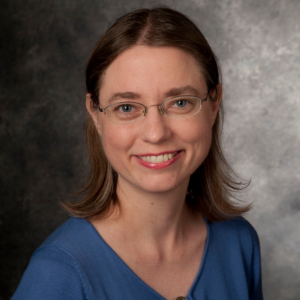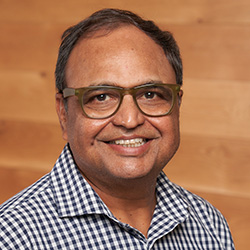Friday, April 5, 2024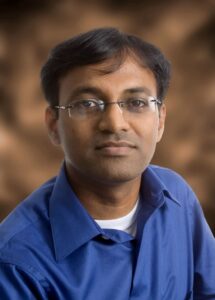
10:20 a.m. – 11:10 a.m. (CST)
ETB 1020
Parthasarathy (Partha) Ranganathan
VP / Technical Fellow | Google
Title: “A 6-Word Story on the Future of Infrastructure: AI-Driven, Software-Defined, Uncomfortably Exciting“
Abstract
We are at an interesting inflection point in the design of computing systems. On one hand, demand for computing is accelerating at phenomenal rates, powered by the AI revolution and ever deeper processing on larger volumes of data, and amplified by smart edge devices and cloud computing. On the other hand, Moore’s law is slowing down. This is challenging traditional assumptions around cheaper and more energy-efficient systems every generation and leading to a significant supply-demand gap for future computing systems. In this talk, we discuss how this current computing landscape motivates a significant rethinking of how we design future infrastructure. We present two broad themes around (1) efficient systems design through custom silicon accelerators and (2) efficient systems utilization through software-defined infrastructure. We will summarize our experience in these areas and discuss key learnings and future opportunities for innovation. Looking ahead, we will highlight some additional grand challenges and opportunities for the community, specifically touching on key themes around agility, modularity, reliability, and sustainability, as well as the disruptive potential of cloud computing, and the opportunities beyond compute, around storage.
Biography
Parthasarathy (Partha) Ranganathan is currently a VP, Technical Fellow at Google where he is the area technical lead for hardware and datacenters, designing systems at scale. Prior to this, he was a HP Fellow and Chief Technologist at Hewlett Packard Labs where he led their research on system and data centers. Partha has worked on several interdisciplinary systems projects with broad impact on both academia and industry, including widely used innovations in energy-aware user interfaces, heterogeneous multi-cores, power-efficient servers, accelerators, and disaggregated and data-centric data centers. He has published extensively (including being the co-author on the popular “Datacenter as a Computer” textbook), is a co-inventor on more the 100 patents, and has been recognized with numerous awards. He has been named a top-15 enterprise technology rock star by Business Insider, one of the top 35 young innovators in the world by MIT Tech Review, and is a recipient of the ACM SIGARCH Maurice Wilkes Award, Rice University’s Outstanding Young Engineering Alumni Award, and the IIT Madras Distinguished Alumni Award. He is one of few computer scientists to have his work recognized with an Emmy award. He is also a Fellow of the IEEE and ACM and has served on the board of directors for OpenCompute.
Please join on Friday, 4/5/24 at 10:20 a.m. in ETB 1020.

